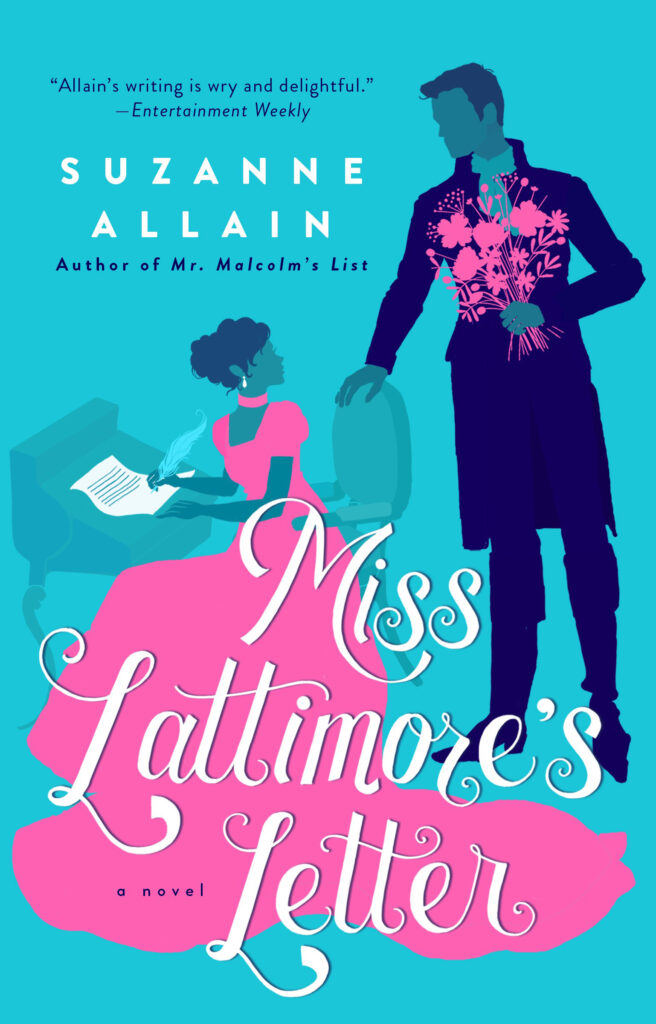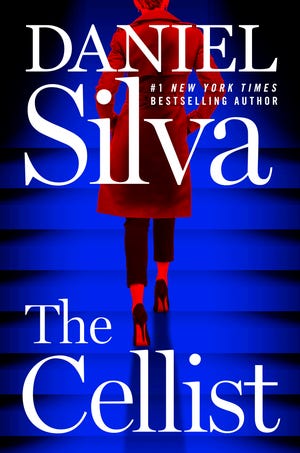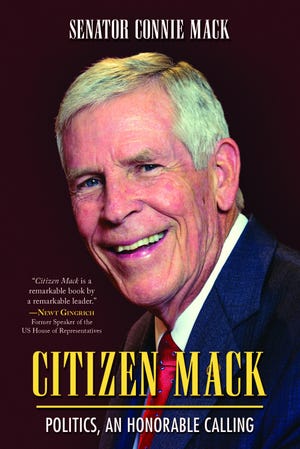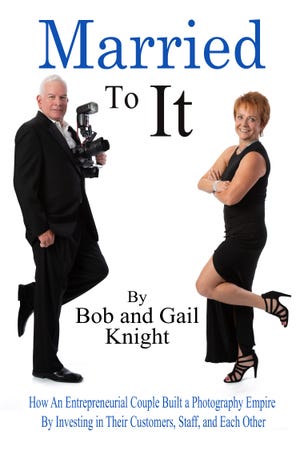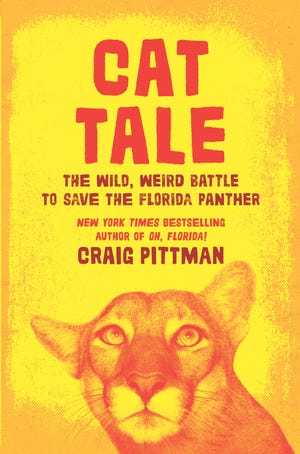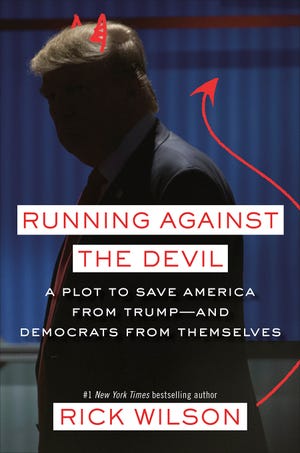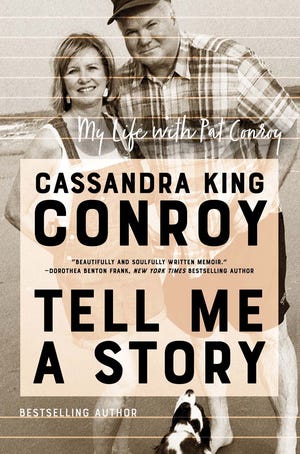Trisha Yearwood loves food — the warmth, the creativity, the memories certain dishes evoke. The country music star wrote her first cookbook, “Georgia Cooking in an Oklahoma Kitchen,” with her mother and her sister as a way to memorialize her father and keep him alive through their shared love of favorite recipes.
“It was so personal,” Yearwood said. “Once we finished, I thought there would never be another book like that.”
The cookbook became a #1 New York Times bestseller, and the singer, actress and entrepreneur established herself as a respected culinary voice. She delivered a second bestselling cookbook, “Home Cooking with Trisha Yearwood,” in 2010. In 2012, she hosted the Food Network series Trisha’s Southern Kitchen, which garnered an Emmy Award in the “Outstanding Culinary Show” category.
During the early months of the pandemic, she discovered another family cookbook from her Grandma Yearwood. Going over it with her sister, with whom she is very close, they realized there were many recipes that meant something to them and that they wanted to share.
“The recipe for Grandma’s fried pies was in there!” she said. “My dad loved those pies and anytime he had one, he would always say they weren’t as good as his mother’s.”
The long stretch of time spent at home last year gave Yearwood the opportunity to be creative and find comfort in the chaos. The result is her latest cookbook, “Trisha’s Kitchen: Easy Comfort Food for Friends and Family,” filled with 125 family recipes. Each recipe tells a story, from her grandmother’s Million Dollar Cupcakes to Uncle Wilson’s Ice Cream Thing to Garth’s Teriyaki Bowl.
“When you make something your mom made and it tastes the same, there’s a connection,” she said.
Capturing the recipes was also important to her because so many favorite family dishes had no specific instructions, just an idea of ingredients and steps.
“If you have family recipes, write them down and share them with family,” she said. “Don’t take for granted the person who knows how to make a certain dish will always be around.”
This article was first published in The Tallahassee Democrat.



